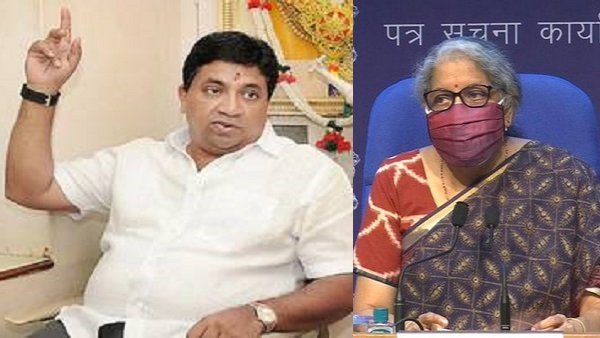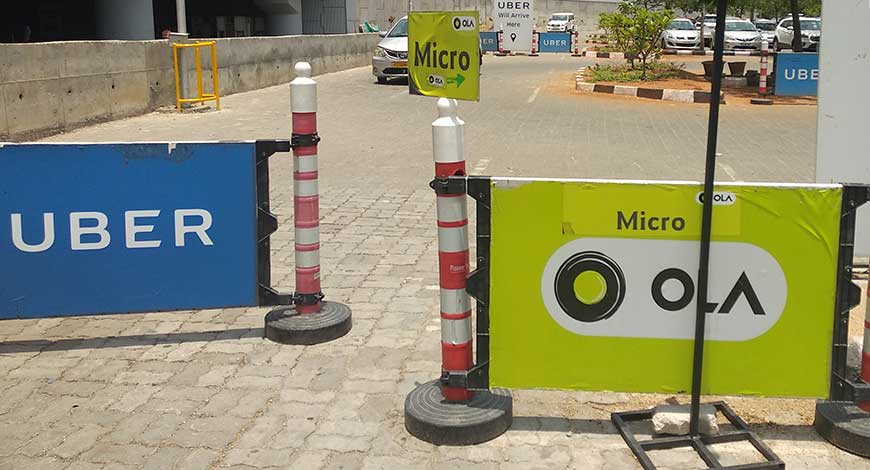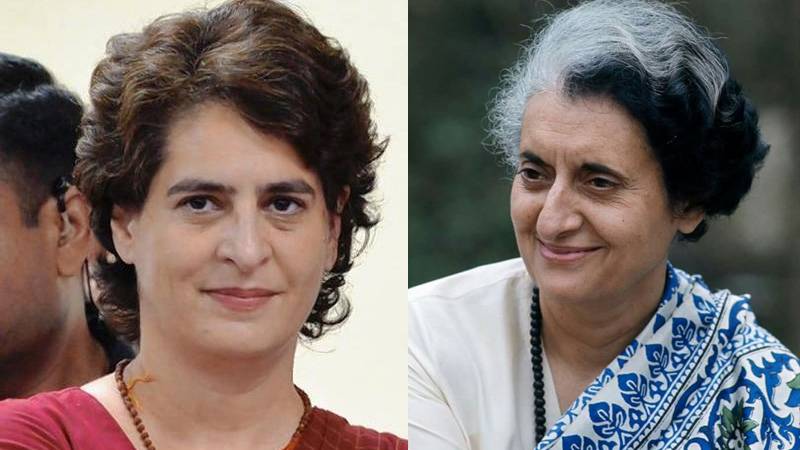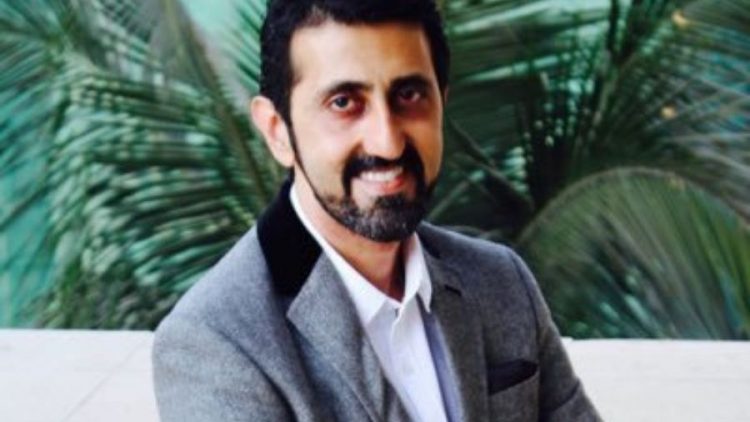Tamil Nadu state Congress president K.S. Alagiri on Sunday said that he supports the view of state Finance Minister, P.T.R. Thiagarajan that the “One State One Vote” in the GST Council was unfair.
Alagiri, in a statement, said that treating higher revenue states and lower revenue states at par was unfair and also accused the Central government of “taking a biased stance and politicising the views expressed by non-BJP ruled states”.
Alleging that under Prime Minister Narendra Modi’s, the rights of the states were taken away despite promises of cooperative federalism, he noted that in the recent GST Council meeting, the Centre ignored the state’s demand for extension of GST compensation period, which was to end in 2022, by a period of another five years.
Earlier In his maiden speech at the GST Council chaired by Union Finance Minister Nirmala Sitharaman
PTR also reminding the Centre that there is no Union without the states, Tamil Nadu Finance Minister P T R Palanivel Thiagarajan on Friday asked the Union Government not to function as a “begrudging donor”.
Devoting a major part of his speech to impart lessons on federalism, a pet topic of his party DMK, the former top executive of Lehman Brothers said it is imperative that the current downward momentum is arrested and reflect it towards a positive trajectory.
“It is worth remembering that there is no Union without the States. As much as the Union is an Integral (in bringing together One Nation), it is also a Derivative (Citizens, Elected Representatives, and even Officers of the Government, each come from a State). There are no Union voters,” PTR said in his speech.
Every minister in this room, PTR noted, including Sitharaman has been elected directly or indirectly by voters within one state; there is no Union Administrative Service and every IAS officer “in this room” has come on deputation from some state.
“The Union cannot, and must not, function as a begrudging “Donor”, an entity at a combative stance to its moorings, which are the States,” the Finance Minister added.
Contending that the Union does have a vital financial role to play, he said the Centre is the natural authority to manage, directly and indirectly, the value of the sovereign currency, the money supply, the banking and financial services sector, and the credit quality (ratings from agencies) of the entire nation.
“It owns the right to receive dividends from the Reserve Bank of India (the INR 99,122 Crore this week stands evidence) and even to monetize the deficit as and when it sees fit.
It must use these powers benevolently, to provide support, relief, and shelter for the States, especially during times of disasters or stress,” he added.
Profound, root and branch reform of the notion of GST is the calling of the hour, he said, adding that not undertaking such an effort now will put its very future at grave risk.
“As elected representatives, we will be remembered not for the margin of votes of our victories, but by the enhancements we bring to our constituents’ lives. As political parties, history will soon forget the extent of power we accumulated but remember the results of our term(s) in office – in economic growth, jobs, and the harmonious society that we nurtured during our tenure,” he said.
Referring to the Fitment Committee proposal for correction of Inverted Rate Structure on textiles and footwear, PTR said Tamil Nadu is of the view that due to the prevailing pandemic situation, this issue may be deferred for the next meeting. It also batted for deferring till consensus is reached regarding the issue of Extra Neutral Alcohol (ENA) taxability under the GST.
Contending that the country’s history led to the concentration of almost all powers of Direct Taxation with the Union Government and a split of Indirect Taxation powers between the Union and the States, in the Constitution, PTR said this is quite unique to India, as most other countries vest some measure of Direct Taxation, and the bulk of Indirect Taxation at States, with some devolved further to Districts and Cities.
“Our Constitution is an evolving document as proven by the many amendments over its life of almost 70 years. Yet, in another divergence from the global experience of increased devolution, India has gone in the opposite direction – of increasing concentration of powers with the Union Government. In fact, with the advent of GST, this has been taken to levels never envisioned in our Constitution,” he said.
He demanded the Council to consider making arrangements for fully compensating the States for the gap arising in the year 2021-22 between the protected revenue and the actual expected revenue, either by means of bridge funding by the Government of India or by its open market debt arrangement.
“Further, considering the long-term effects of the Covid-19 pandemic, it would also be appropriate to take a decision to extend the compensation arrangement beyond 1.7.2022,” he said.









